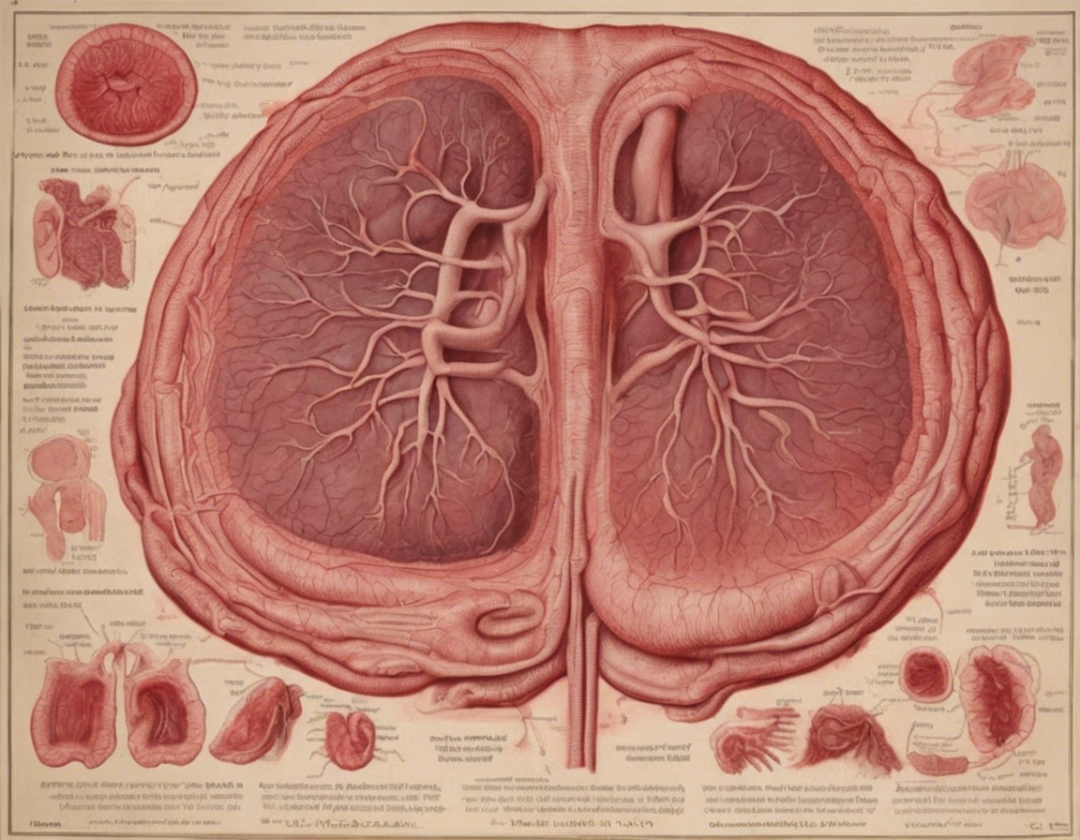The placenta is a remarkable organ that develops in the uterus during pregnancy. It plays a crucial role in providing nutrients and oxygen to the baby while removing waste products. Despite its importance, the placenta is often shrouded in mystery and misinformation. In this article, we will address and debunk common myths surrounding the placenta to provide accurate information about this fascinating organ.
Understanding the Placenta
Before diving into the myths, let’s first understand the placenta. It is a temporary organ that connects the developing fetus to the uterine wall, allowing nutrient uptake, waste elimination, and gas exchange through the mother’s blood supply. The placenta also produces hormones that support pregnancy and fetal development.
Myth #1: The Placenta is a Harmful Waste Product
One prevalent myth is that the placenta is a waste product that should be discarded after birth. In reality, the placenta is a vital organ that sustains the baby during pregnancy. It is rich in nutrients and has been used in various cultures for centuries for its purported health benefits.
Myth #2: Eating the Placenta Provides Health Benefits
Another common myth is that consuming the placenta after birth, known as placenta encapsulation, offers health benefits for the mother. While some believe that it can help prevent postpartum depression or boost energy levels, scientific evidence to support these claims is lacking.
Debunking Placenta Myths
Myth #3: The Placenta Filters Toxins
A widespread misconception is that the placenta acts as a filter, protecting the baby from harmful substances consumed by the mother. While the placenta does provide some level of protection, it is not a fail-safe barrier. Certain substances can still pass through the placenta and affect the baby’s development.
Myth #4: Placenta Encapsulation is a Safe Practice
Placenta encapsulation involves drying, grinding, and encapsulating the placenta for the mother to consume. Despite claims of improved mood and energy levels, there are concerns about the lack of standardized processes and potential risks of bacterial contamination. It is essential to consult with a healthcare provider before considering placenta encapsulation.
Myth #5: The Placenta Can Fully Regenerate
Some myths suggest that the placenta can regenerate or heal itself during pregnancy. While the placenta has a remarkable ability to adapt and grow, it does not regenerate in the same sense as other tissues in the body. Once the placenta is expelled after birth, a new one forms in subsequent pregnancies.
Key Facts About the Placenta
- The placenta develops early in pregnancy from the same fertilized egg as the baby.
- Placental health is crucial for the well-being of both the mother and the baby.
- Complications such as placenta previa or placental abruption can pose serious risks during pregnancy.
Frequently Asked Questions (FAQs) About the Placenta
Q1: Can the placenta be reused for multiple pregnancies?
A1: No, the placenta is expelled after each birth, and a new placenta forms in subsequent pregnancies.
Q2: Is it safe to consume the placenta for its purported health benefits?
A2: The safety and efficacy of placenta consumption have not been conclusively proven, and there are concerns about potential risks.
Q3: How long does it take for the placenta to be delivered after birth?
A3: The placenta is typically delivered within 5-30 minutes after the baby’s birth, known as the third stage of labor.
Q4: Can problems with the placenta affect fetal development?
A4: Yes, issues with the placenta, such as placental insufficiency, can impact the baby’s growth and development in the womb.
Q5: What is placenta previa, and how is it managed?
A5: Placenta previa is a condition where the placenta partially or completely covers the cervix. It requires close monitoring and may necessitate a caesarean delivery.
In conclusion, understanding the placenta is essential for expectant mothers and healthcare providers. By dispelling common myths and misconceptions, we can appreciate the remarkable role this organ plays in pregnancy and childbirth. If you have any concerns or questions about the placenta, always consult with a healthcare professional for accurate information and guidance.




